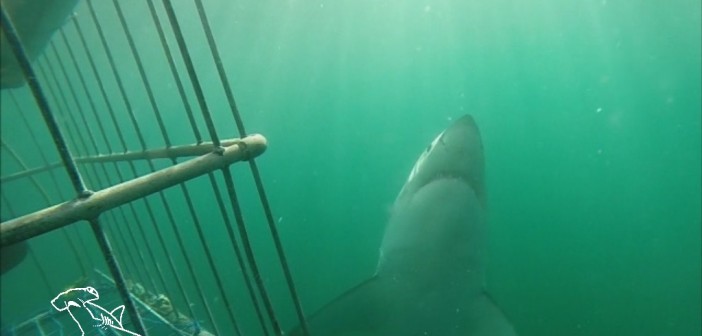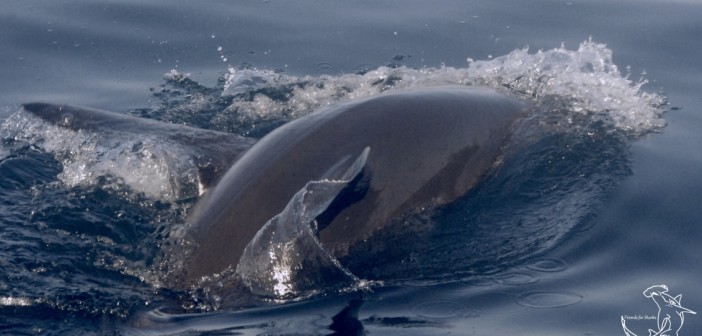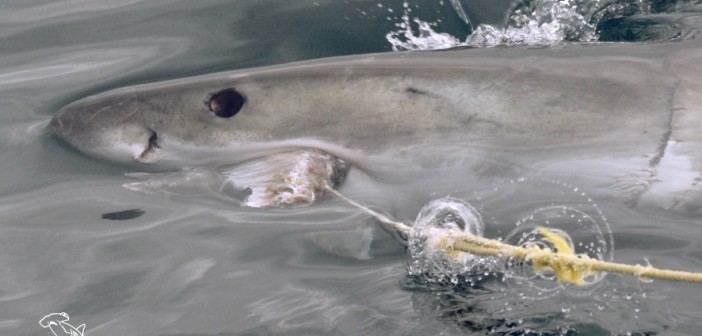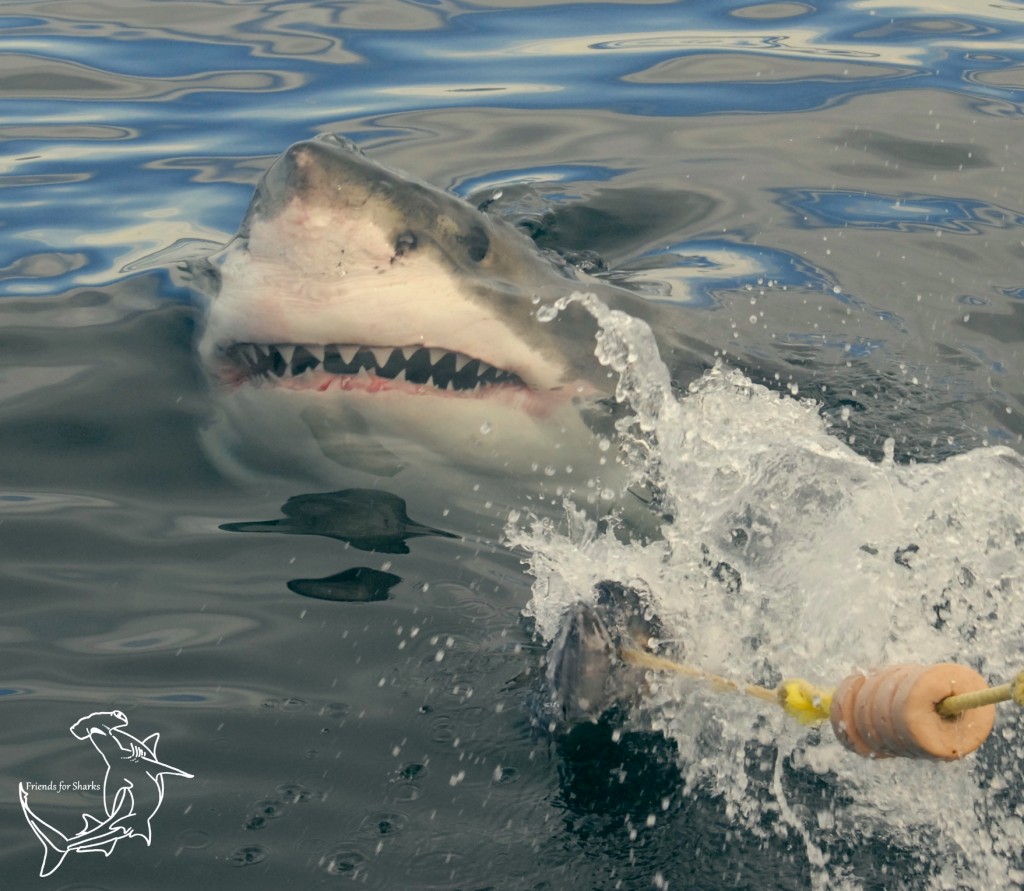It has been a fascinating experience travelling The Deep South of New Zealand, more commonly referred to as Southland, in recent weeks with our shark conservation cause Friends for Sharks. I knew there was a Great White shark cage diving industry at Stewart Island, which is a small and beautiful island off the southern tip of New Zealand. I didn’t however realise the extent of the controversy surrounding this relatively new diving industry.
The further south we travelled for our events, the more it became apparent at each of our shark conservation lectures that there is a genuine concern about the cage diving industry at Stewart Island and that it is a very hot topic amongst the local communities. By the time we reached Dunedin, we were warned by various locals to expect plenty of awkward questions about cage diving and I was surprised to hear an experienced diving instructor who attended one of our events say he would never dive at Stewart Island again. This is a local who has regularly scuba dived at Stewart Island, has an obvious passion for sharks and also has personal experience of free diving with Great White sharks elsewhere in the waters of New Zealand. His eyes lit up as he described to me the moment a Great White passed him calmly, he felt truly humbled, and his eyes filled with sadness as he explained he would no longer dive at Stewart Island. He genuinely felt he would be at risk from a shark bite as the sharks at the island had learned to associate boats (and perhaps humans?) with the presence of food. He believed it was an accident waiting to happen and could not justify the risk.

I took his words to heart and wondered what reaction our talks, about our experiences as wildlife guides for a cage diving operator within South Africa no less, would prompt. We were travelling to the heart of the controversy and, as I am not one for confrontation, I admit I lost an hour or so of sleep over our upcoming events.

With a little research it became apparent that cage diving has become controversial because of the paua (abalone) fishing industry at Stewart Island. There is great concern that the cage diving boats are attracting sharks to the area that were not previously there and so putting the paua divers (and their livelihood) at risk. The Department of Conservation has recently put in place measures to protect both humans and sharks but there is still a push by some to end the cage diving industry. We were interviewed by 3 News regarding this and further details can be found at this link:
http://www.3news.co.nz/nznews/sharks-a-threat-to-paua-divers–nz-first-2015042110
I needn’t have been concerned about the reactions to our lectures within Southland; they were all well received and yes there were plenty of questions focused on cage diving concerns. I realised quickly that it is the sharks’ safety people feared for in addition to that of humans. There was no irrational fear, no hatred of sharks and certainly no wish to see them removed from the waters. The Kiwis are clearly proud of the fact they have Great White sharks within their waters and they wish is to essentially leave them alone and put an end to the diving industry before an accident happens.
I listened to rumours of the sharks at Stewart Island bumping dive boats, following the boats to shore and becoming thoroughly accustomed to being fed with baits. I also heard people exclaim there are more sharks in the waters than there were before the cage diving industry began, which I suspect is a simple case of the sharks being noticed more because awareness of their presence has increased. Without experiencing the diving of Stewart Island personally, which I cannot afford, it is impossible to separate fact from fiction but it was interesting nonetheless.

I do however know how a well-run cage diving business operates and that it is possible to ensure the sharks do not become conditioned to associate the presence of boats/humans with food. With best practice including not feeding the sharks and not using chum, careful training of crew and respect for the sharks, a well-run cage diving business is an invaluable tool for the protection of sharks. I have lost count of the number of days at sea when guests joined us for a day of diving with the magnificent Great Whites and left the boat talking about how they had a new-found love of sharks and would do more to educate others about their plight. Cage diving can be a way to eradicate fear and build concern for these animals, which in turn can lead to positive action to protect them.
It is a well known fact that sharks are worth more dead than alive and a healthy diving industry provides an income for local communities as well as being an educational tool. It provides an economy-based reason for the ever-dwindling populations of sharks to be protected for future generations to enjoy and money speaks volumes when it comes to the value of conserving a species. Given that Great White sharks are listed by the IUCN as Vulnerable to extinction, with possibly as few as 3,000 individuals remaining, they need all the help they can get. It is my hope that people will consider the educational value of cage diving and that, rather than banning it as a practice, they will work together to create best practice and ensure the future of those sharks remaining for many years to come.
Learn more about Friends for Sharks at: http://www.friendsforsharks.com






